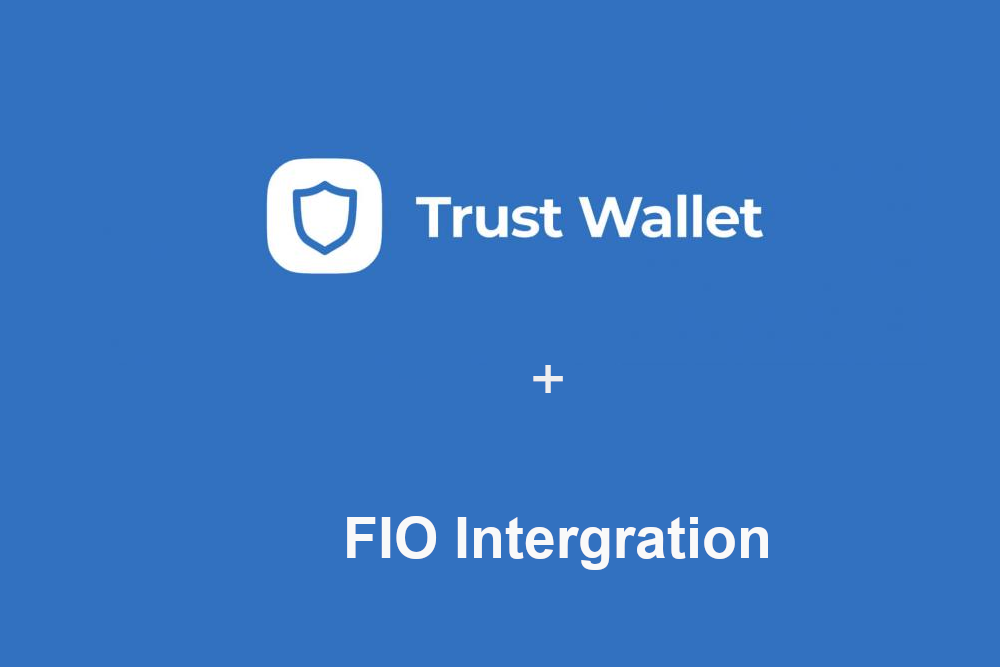Trust wallet isn’t just your average cryptocurrency wallet-not anymore. Binance has integrated the trust wallet with a new feature that will make a trader’s errands look like less of a chore when not dealing with SHA-256 encryption patterns while trading.
The Foundation of Interwallet Operability protocol or FIO addresses will be sold to traders and corporates alike to make for speedy trading sessions after the mainnet goes live. Users can do whatever they want with their FIO addresses including sell/ trade their FIO addresses as well.
The FIO is supported by twenty-five (25+) blockchain wallets and so it will be difficult to find a mismatch in the market. In terms of support, the Trust wallet has got you covered with Binance backing the system, it covers all tokes, especially the top of the cake icing as Bitcoin (BTC), Ethereum(ETH), Ripple (XRP), Ethereum Classic (ETC), most of the other coins in the market, and of course the ERC-20 tokens. You can cancel out Cardano (ADA), Monero (XMR), EOS, and NEO from the list for now.
Trust Wallet’s got a fresh car smell to it
The FIO addresses are meant to simplify the way trading is done. That being reiterated, it is done by reducing the address to an understandable context. Observe: instead of using this address (55d5f0a29d4ca938b63e5a2a5d741507b726b30a8c5a6760d3be4018000c6acc) one can simply replace it with “username:domain”.
Trust wallet founder, Victor Radchenko, feels obliged to share his views on the release of the new feature on September 11. He said that this will enable trust wallet users to worry about more important things as trading, rather than storing each other’s crypto wallet addresses by providing aa more refined user experience.
The FIO addresses will have to be bought. Once bought they will be reserved in the buyer’s name and an annual fee of two (2) USDC will be charged. What’s more, is that integrating the FIO addresses will also store data as notes containing metadata from transactions when transactions are made.





